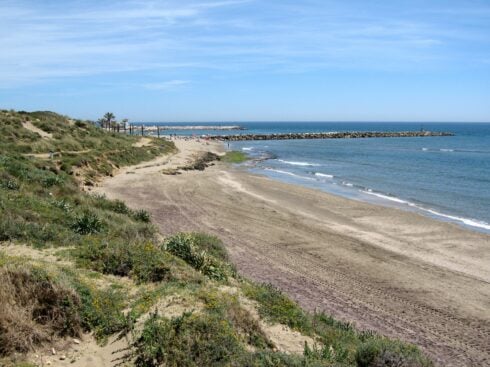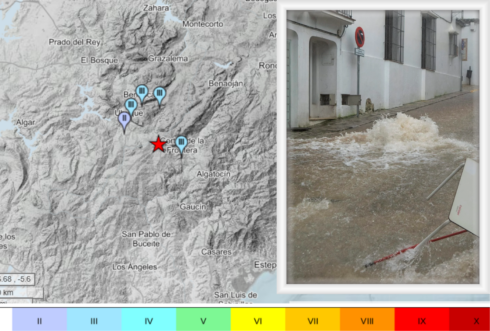THE RESULT of Sunday’s snap general election was a major upset for the conservative Popular Party (PP), which had been predicted by the polls to reach enough seats in the Congress of Deputies to enjoy a majority along with far-right Vox.
Instead, the party secured 136 seats in the 350-seat chamber, accounting for 33% of the vote. The Socialist Party, meanwhile, picked up 31.7% of ballots, with Vox coming in third with 12%.
The result was, however, a marked improvement for the PP compared to the last general election, which was held in 2019 and saw the group take just 89 seats when under the leadership of Pablo Casado, who has since withdrawn from politics.
The PP is currently being led by Galician politician Alberto Nuñez Feijoo, who garnered the similar kind of support at the polls on Sunday as that seen when former prime minister Mariano Rajoy was at the helm of the group. In June 2016, Rajoy managed to win 137 seats in Congress.
The party was the most-voted in nine of Spain’s 17 regions: Galicia, Asturias, Castilla y León, Aragon, Madrid, Castilla-La Mancha, Valencia, Murcia and Andalusia. It also achieved that feat in the North African cities of Ceuta and Melilla.
The big question on Spaniards’ lips on Monday morning was what will happen now. Feijoo’s victory was being interpreted as a slim one, and in contrast to what some polls were predicting the PP does not have a majority with the votes of Vox.
During the campaign, however, Feijoo insisted that the most-voted party should form a government and thus he should become prime minister. With a total of 169 seats from a PP-Vox coalition, however, with a 176-seat majority needed in the lower house, it was far from clear on Monday if this is a possibility that’s on the cards.
Read more:
- Spain’s general election campaign comes to a close amid scorching temperatures
- Popular Party candidate for prime minister pledges to prohibit summer elections if he wins office
- Debate ahead of Sunday’s general election in Spain marked by absence of Popular Party candidate
Click here to read more Politics News from The Olive Press.








